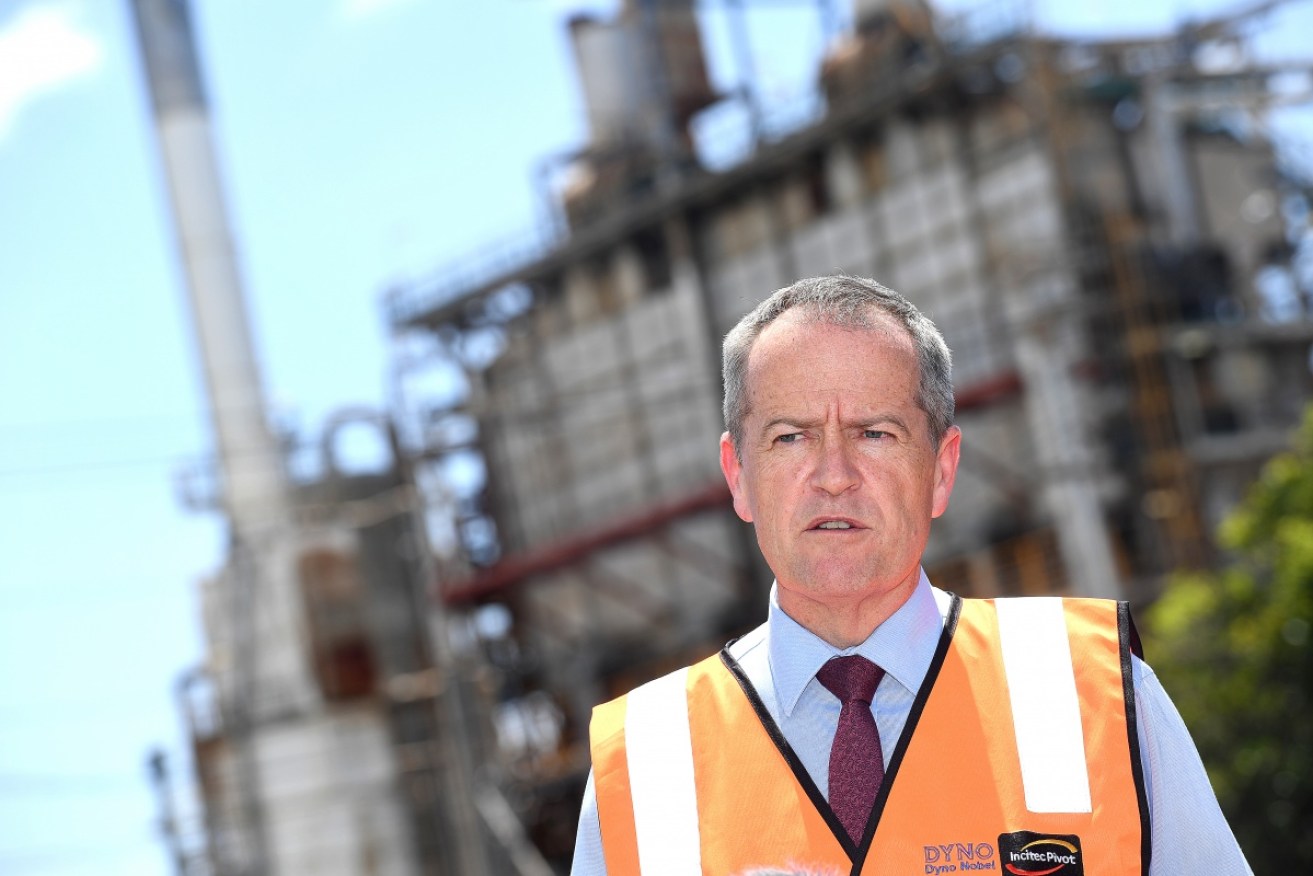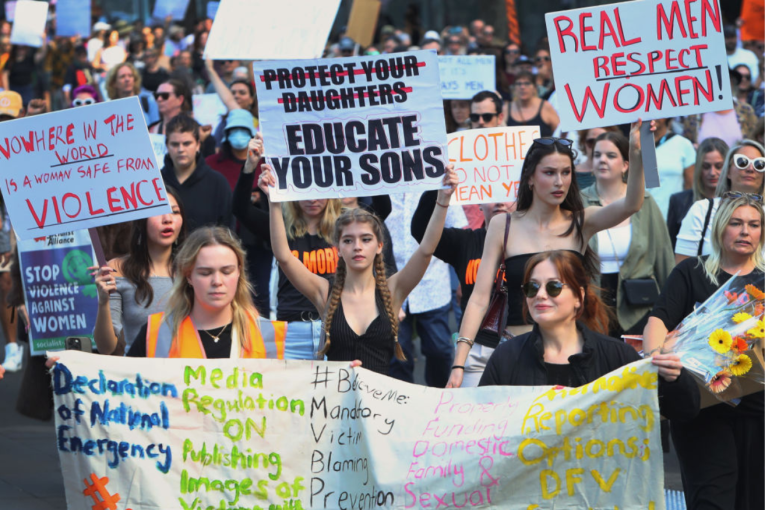New energy obligations likely to spur more ‘brutal politics’


Bill the Builder: Opposition leader Bill Shorten says Labor's plan will help renters and boost the construction industry. Photo: AAP
Following Prime Minister Malcolm Turnbull’s announcement of new obligations to electricity and emissions reductions, Opposition Leader Bill Shorten will have to consider one of two courses of action – brutal politics or mediocre policy.
Brutal politics is clearly the more attractive of the two.
Mr Turnbull had a rare win when he got the Coalition party room to agree to the National Energy Guarantee (NEG).
But the PM’s success is a brittle one.
It is almost wholly dependent on the government’s fossil fuel-supporting MPs being convinced of one thing – that the measure will not only halt our rapid adoption of renewable energy, but shift the nation’s electricity-generation mix back towards coal.
The initiative will certainly slow down the growth of renewable energy in Australia, but this doesn’t necessarily mean coal-based electricity will replace it.
In fact it’s more likely that under the new scheme, energy retailers will use other forms of dispatchable power to meet reliability obligations, those that can be switched on to meet demand peaks, such as gas, pumped hydro and networks of home-based or large-scale batteries.
When the carbonistas in the Coalition work this out, they’re going to be ropeable. And even more so now that Labor and some energy market experts have claimed the NEG is actually an emissions-trading scheme in disguise.
The NEG is not an emissions-trading scheme (ETS), according to those who developed it, but that denial will unlikely filter through to the half dozen or so Tony Abbott supporters within the government looking for any excuse for a revolt against the the PM before the end of the year.
Mr Shorten and his strategists have clearly toyed with the idea of encouraging this acronym-based insurgence against Mr Turnbull, judging that it would be just as easy to defeat his successor at the next election, whoever that may be.
There are still three more parliamentary sitting weeks this year, bringing with them three more party room meetings at which a leadership showdown could potentially be staged.

Malcolm Turnbull’s new energy plan has been challenged to ‘effectively’ be a carbon tax. Photo: AAP
So Labor has kicked along the talk of NEG being similar to an ETS, and Mr Abbott’s supporters in the conservative media have gleefully repeated the accusation.
But at this point, it doesn’t seem the conservative cabinet ministers protecting Mr Turnbull are concerned enough to prevail on him to stand aside for the good of the party, the government and the nation.
This leaves Mr Shorten with the other option, which is to adopt bipartisan support for the NEG.
In addition to being significantly less fun for Opposition MPs and political pundits, this option has a number of other downsides.
Firstly, the policy isn’t a particularly good one from an emissions reduction perspective, as it will limit cuts to the level we committed to in the Paris Agreement.
Supporting the NEG would also bring the Opposition closer to the government on energy policy, which could be a concern for Labor supporters who expect a strong differentiation between the two parties on climate action and therefore energy policy.
Conversely, Labor’s willingness to adopt a bipartisan approach on the NEG could be welcomed by those Labor and swinging voters who want to see parties co-operating more often in Parliament to deliver policies that benefit the nation – even if the policy is sub-optimal.
The energy sector would also welcome the policy certainty that a bipartisan stance on the NEG would convey.
The risk is that Mr Shorten could relinquish his climate-friendly advantage on energy policy, only to find the government reneging on the cease-fire deal and continuing its attack on the Opposition over high electricity prices.
Considered from this perspective, it would appear to be politically safer for Mr Shorten to keep up the partisan attacks on Mr Turnbull than trust the PM with a deal on the NEG.
The option ultimately taken by the Labor leader will clearly indicate whether Mr Shorten believes PM Turnbull can be taken at his word.








